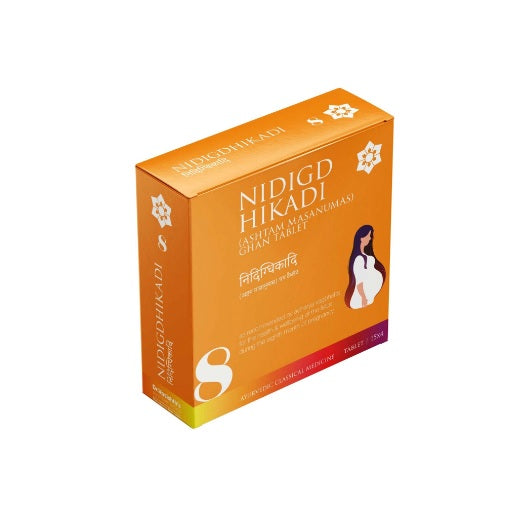1
/
of
1
Dr Vasishth's Ayurvedic Nidigdhikadi Masanumasik 8th Month 60 Tablets
Dr Vasishth's Ayurvedic Nidigdhikadi Masanumasik 8th Month 60 Tablets
Regular price
$29.99 USD
Regular price
$39.99 USD
Sale price
$29.99 USD
Taxes included.
Shipping calculated at checkout.
Melionsbrother
SIZE 4 X 15 TABLETS
Acharya Vagbhatta has mentioned the use of following drugs during the eighth (8th) month of pregnancy – Nidigdhika, Kapittha, Bilva, Brihati, Patola, and Ikshu.
Nidigdhika (Solanum xanthocarpum)
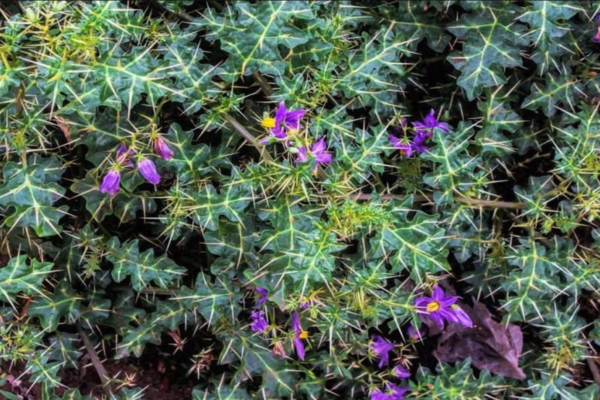
Kantakari is a very useful Ayurveda herb, used widely in the treatment of cough, cold, asthma and such other respiratory tract conditions. It is one among Dashamoola – group of ten roots. Kantakari in Sanskrit means, the one which is good for throat. Kantkari is used in laryngitis and hoarseness of voice.
Kapittha (Feronia elephantum)
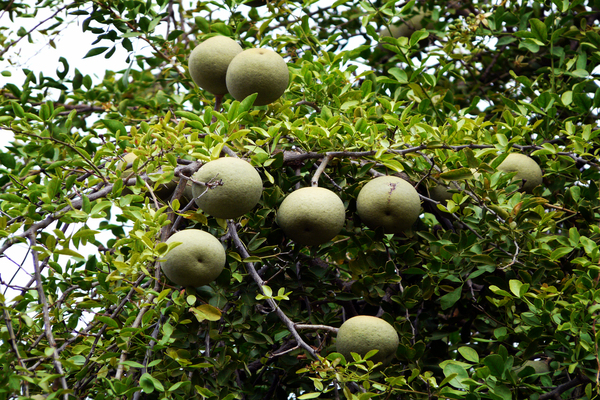
Kapittha is a large tree growing to 9 metres (30 ft) tall, with rough, spiny bark. The leaves are pinnate, with 5-7 leaflets, each leaflet 25–35 mm long and 10–20 mm broad, with a citrus-scent when crushed. The flowers are white and have five petals. The fruit is a berry 5–9 cm diameter, and may be sweet or sour. It has a very hard rind which can be difficult to crack open, it appears greenish-brown in colour from outside and contains sticky brown pulp and small white seeds. The fruit looks similar in appearance to the Bael fruit (Aegle marmelos). It contains considerable amount of protein, carbohydrate, iron, fat, calcium, Vit-B & C etc. 100 g of ripe fruit pulp contains up to 49 KCal.
Bilva (Aegle marmelos)
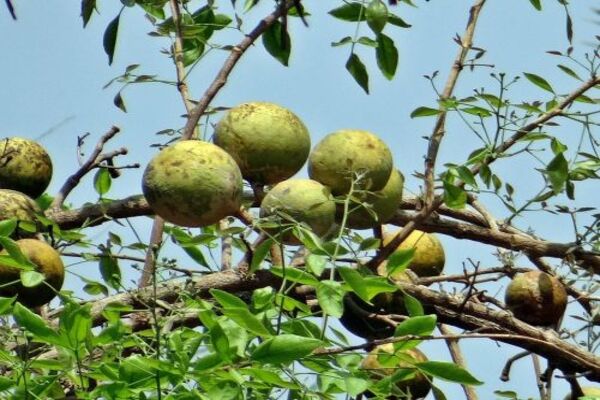
Aegle marmelos, commonly known as bael (or bili or bhel), also Bengal quince, golden apple, Japanese bitter orange, stone apple or wood apple, is a rare species of tree native to the Indian subcontinent and Southeast Asia. It is present in India, Bangladesh, Sri Lanka, and Nepal as a naturalized species. Rich in vitamin C, the fruits can be eaten either fresh from trees or after being dried and produced into candy, toffee, pulp powder or nectar.
Brihati (Solanum indicum)
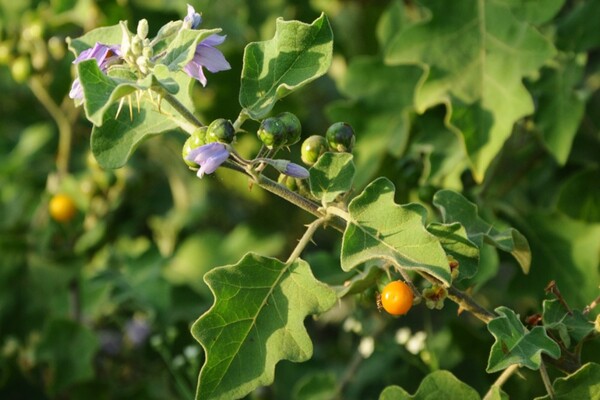
Bari kateri is a stiff, much-branched, prickly shrub growing upto a height of 0.3–1.5 m. Prickles are sharp, often slightly recurved, short hooked, and have a broad compressed base. Apart from its root, its fruit is also used in treatment. It is widely used in treating respiratory disorders. It is useful in the treatment of asthma, catarrh, dropsy, chest pain, chronic fever, colic, dry and spasmodic cough, oedema, scorpion stings, difficult urination, and worm infestation.
Patola (Trichosanthes diocia)
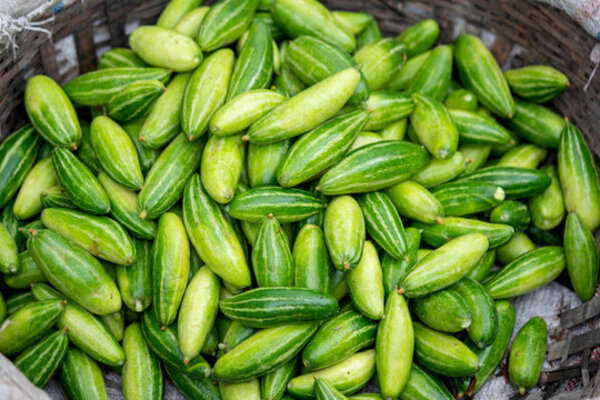
Patola is commonly known as pointed gourd. It is also called as Parwal. It looks like Ivy gourd, but it is a little bigger than Ivy gourd.Patola is used as a vegetable in Bengladesh and Northern part of India. It is cultivated mostly during rainy seasons. Leaves and fruits are mainly used for the cooking purposes. It is a good source of vitamins and minerals. Because of its valuable medicinal properties, it is one of the most important drugs in Ayurveda.
Ikshu (Saccharum officinarum)
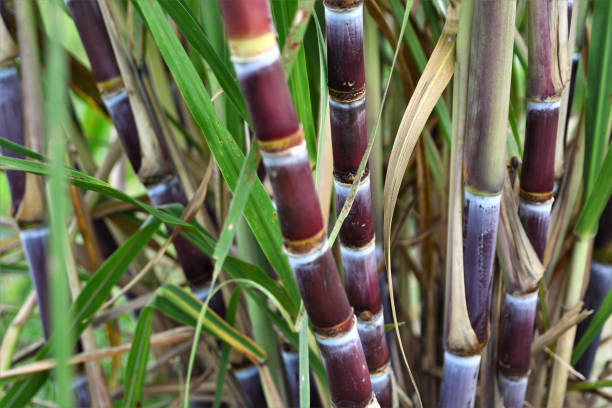
Saccharum officinarum is a large, strong-growing species of grass in the genus Saccharum. Its stout stalks are rich in sucrose, a simple sugar which accumulates in the stalk internodes. It originated in New Guinea, and is now cultivated in tropical and subtropical countries worldwide for the production of sugar, ethanol and other products. It is a perennial plant, grows in clumps consisting of a number of strong unbranched stems.
Weight
500 g
Dimensions
8 x 8.5 x 3 cm
Available as:
Box containing 4 strips (blister packing) of 15 tablets (60 tablets).
Thank You
Product features
Product features
Materials and care
Materials and care
Merchandising tips
Merchandising tips
Share
